A political pillow fight Down Under
Anthony Albanese’s victory in Australia disguises a growing disengagement from the two major parties.
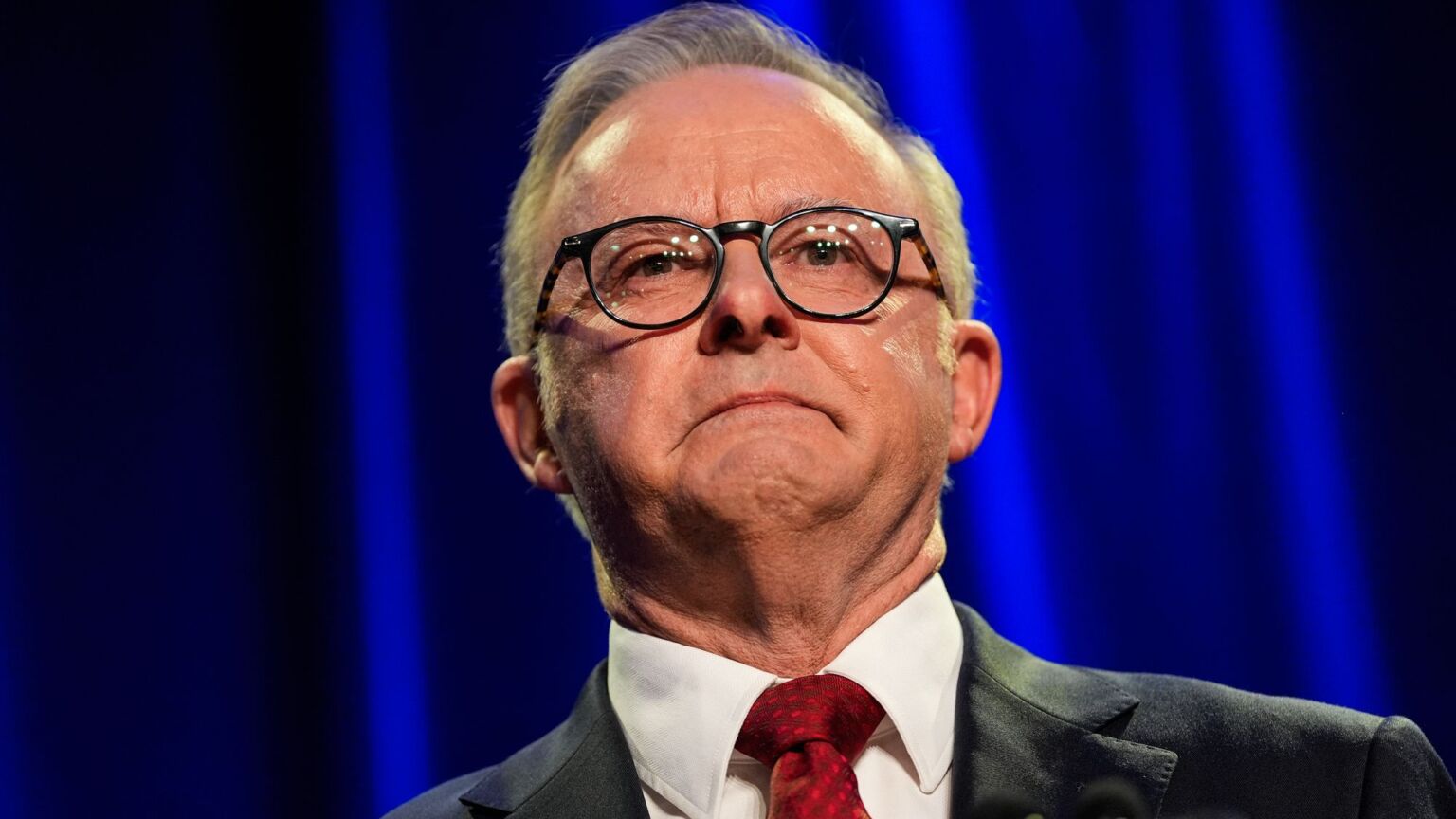
Want unlimited, ad-free access? Become a spiked supporter.
Saturday’s Australian election was a pillow fight between two political lightweights. Ultimately, voters opted for continuity, as they have done for nearly a century when it comes to voting on first-term governments. Labor prime minister Anthony Albanese comfortably won re-election, relegating the Liberal-National Coalition (the centre-right Liberal and National parties always contest elections together) to a paltry 40 seats in Australia’s 150-seat parliament.
It was a victory that looks far more convincing on the surface than it actually was. Just as the UK’s Labour Party won a ‘landslide’ at last year’s General Election on a historically low vote share, so Albanese has also won a ‘landslide’ victory with a near-historic low in terms of first-preference votes.
Still, hardly anyone predicted the scale of Labor’s win. After all, Albanese’s signature policy in government so far – the Voice to Parliament – was emphatically rejected in a national referendum just over 18 months ago. And at the beginning of the year, amid repeated interest-rate rises and economic stagnation, Liberal leader Peter Dutton began to edge ahead in the opinion polls. It looked as though Albanese’s façade of a mature ‘centrist’ was crumbling, exposing an inept political functionary with few, if any, political convictions and no idea how an economy works.
The media may be talking up the ‘monumental’ scale of Labor’s victory, but most Australians haven’t warmed to Labor. Albanese won with a primary vote share of just over 34 per cent – slightly higher than his 2022 share, but still incredibly low when Australia’s compulsory voting (which is enforced with high fines) is taken into consideration. Dutton and the Coalition were simply even more unpopular, winning less than 32 per cent of the national vote. Moreover, the 66 per cent primary vote shared by Labor and the Coalition is a record-low for the major parties.
Most international media have tried to pin the Coalition’s poor performance on the ‘Trump effect’, drawing parallels to the Conservatives’ shock defeat in Canada amid the US president’s trade war. In truth, although Albanese sought to paint Dutton as a Trump clone, his losses were largely self-inflicted.
The Coalition had several strong policies, promoting nuclear energy and promising to remove the shackles Labor had placed on Australia’s mining industry. But its leading figures seemed incapable of championing these policies. Instead, from the moment the election was called, the Coalition began tying itself in knots. It reversed or moderated its plans on reducing ‘working from home’ and cutting down on bureaucracy in government. It also had to distance itself from several criminals and conspiracy theorists it had unwittingly endorsed as candidates.
Even without such a lucklustre campaign, the Coalition was always fighting an uphill battle. Not since 1931 has a first-term government failed to win a second term. And despite Dutton’s repeated claims that Australia had witnessed the ‘biggest reduction’ in living standards in the nation’s history, no one really believed it. Looking around the world, Australians knew that things could have been significantly worse – the average Australian income, for example, is still nearly double what it is in the UK. The mining sector, despite the best efforts of Labor to cripple it with Net Zero policies, continues to pump tens of billions of dollars into the Australian economy, sustaining a consistently high level of spending on healthcare and public infrastructure.
After this result, there are now serious questions to be asked of the future of the Coalition. How long can it continue before it breaks apart? Ominously, Dutton lost his own seat of Dickson in Queensland, which was once considered a ‘safe’ Liberal seat and one he had held himself for over two decades. Multiple senior members of the Coalition have been flushed out of Canberra. Symbolically, the Liberal Party is on the verge of losing the seat of Menzies – an electorate named after Australia’s longest-serving prime minister and Liberal Party founder, Robert Menzies. The party has never looked so irrelevant.
If there is one silver lining from the weekend’s election, it is the destruction of the Australian Greens in the House of Representatives. They were initially a party solely concerned with the environment (most Australians admit they owe the Green Party’s founders a debt of gratitude for saving Tasmania’s Franklin Dam in the 1980s). But in recent years, the Greens have embraced all the worst features of modern identity politics, unhinged Israelophobia included.
Albanese and his media cheerleaders will no doubt present Saturday’s result as a ringing endorsement of his government. But the real story is of an election with very few winners. Apathy and disengagement were the real victors Down Under.
Hugo Timms is an editorial assistant at spiked.
£1 a month for 3 months
You’ve hit your monthly free article limit.
Support spiked and get unlimited access.
Support spiked – £1 a month for 3 months
spiked is funded by readers like you. Only 0.1% of regular readers currently support us. If just 1% did, we could grow our team and step up the fight for free speech and democracy.
Become a spiked supporter and enjoy unlimited, ad-free access, bonus content and exclusive events – while helping to keep independent journalism alive.
———————————————————————————————————————————–
Exclusive January offer: join today for £1 a month for 3 months. Then £5 a month, cancel anytime.
———————————————————————————————————————————–
Monthly support makes the biggest difference. Thank you.
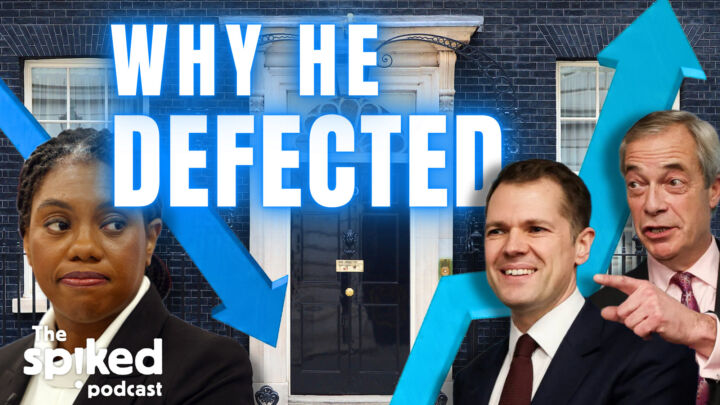
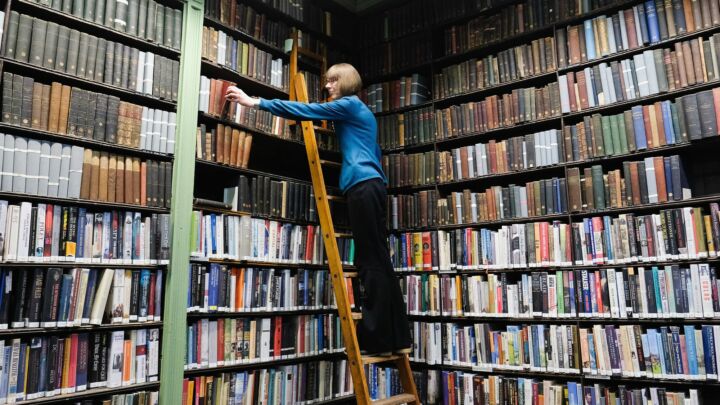
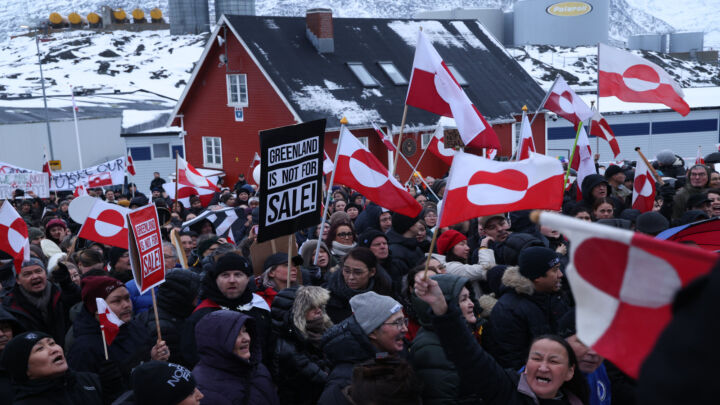


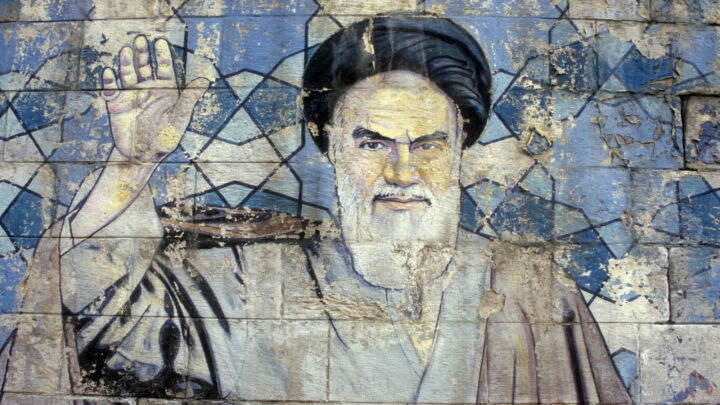


Comments
Want to join the conversation?
Only spiked supporters and patrons, who donate regularly to us, can comment on our articles.